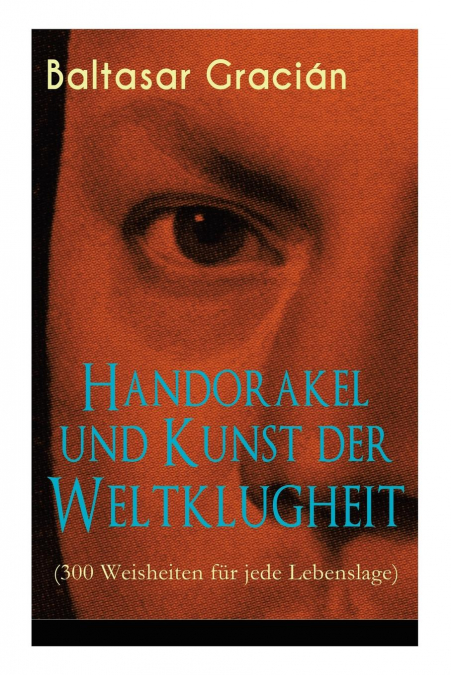
Arthur Schopenhauer / Baltasar Gracián
 Donde los libros
Donde los libros
 Librería 7artes
Librería 7artes
 Librería Elías (Asturias)
Librería Elías (Asturias)
 Librería Kolima (Madrid)
Librería Kolima (Madrid)
 Librería Proteo (Málaga)
Librería Proteo (Málaga)
Handorakel und Kunst der Weltklugheit das in der Art eines Ratgebers Aphorismen zur Kunst der klugen Lebensführung versammelt. Das Werk besteht aus 300 parataktisch verkürzten Sinnsprüchen, die nicht nur im 17. Jahrhundert eine intellektuelle Herausforderung waren.Hat sich die deutschsprachige Gracián-Rezeption lange auf das Handorakel beschränkt, so änderte sich dies gegen Ende des 20. Jahrhunderts mit diversen Neuausgaben. Der an Hieronymus Boschs Bilder oder Dante Alighieris allegorische Göttliche Komödie erinnernde, aber ungleich weltgewandter und kritischer daherkommende „Roman' einer „Reise in die Herrschaftsbereiche der Dummheiten und Tugenden'. Baltasar Gracián (1601-1658) war ein spanischer Schriftsteller, Hochschullehrer und Jesuit. Gracián ist einer der bedeutendsten philosophischen Schriftsteller der klassischen spanischen Literatur. Er verfasste mehrere höfisch-politische Traktate im barocken Stil. Wegen seiner aufklärerischen Weltsicht erhielt der Moraltheologe Gracián Publikationsverbot. 3